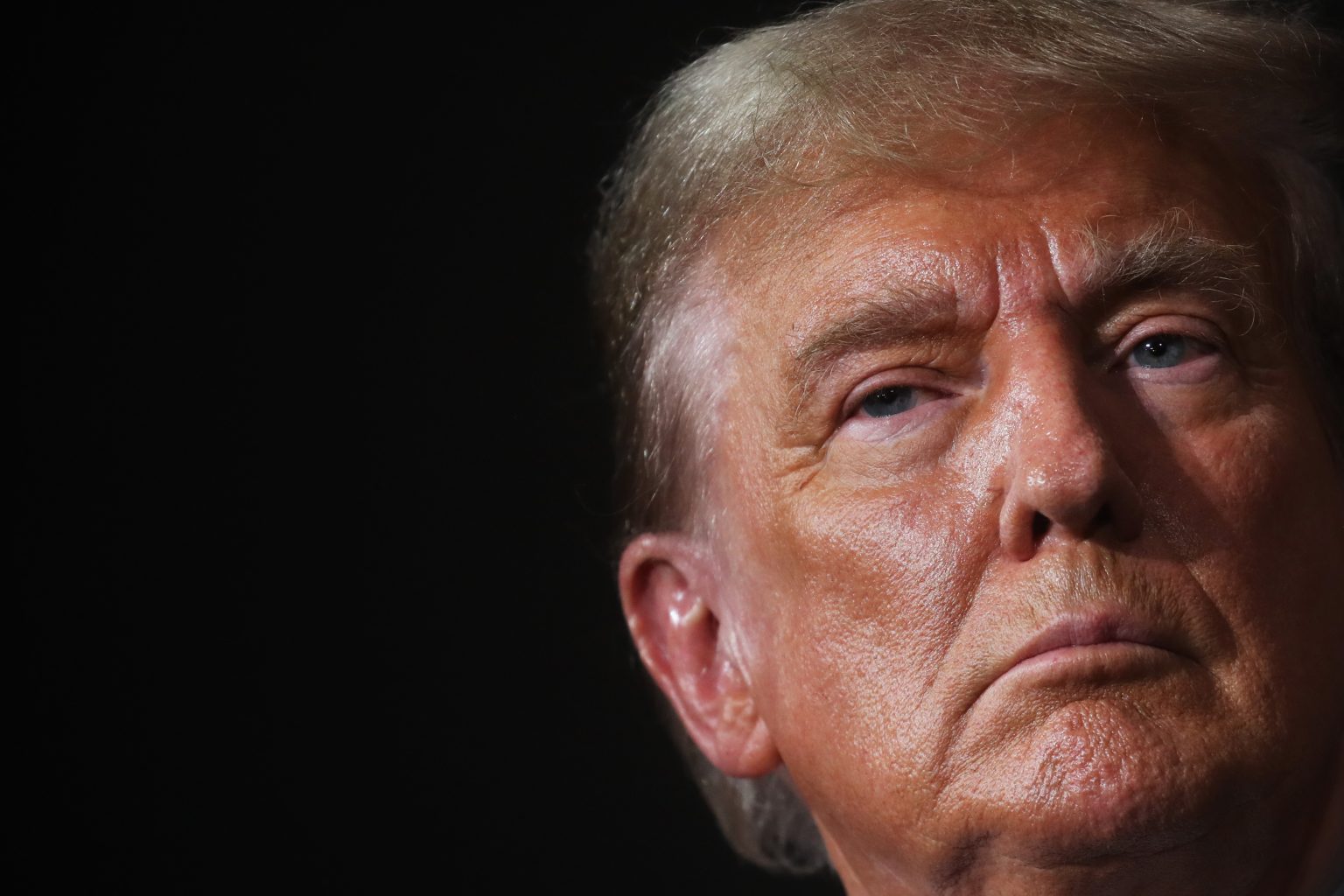NATO is currently working on new plans to navigate around the “America First” foreign policy of former President Donald Trump, who may secure a second presidential term in November. This comes after reports from the Financial Times and Politico indicated that the alliance members are considering taking on collective responsibility for the U.S.-led Ramstein military aid support group, which could be affected by Republican Ukraine-skepticism should Trump be reelected. Outgoing NATO Secretary-General Jens Stoltenberg has proposed the Mission for Ukraine plan, which aims to coordinate around $100 billion in funds for Kyiv, and hopes to have the blueprint in place before the July summit in Washington, D.C.
The potential reemergence of Trump is causing concern among European partners, as the former president has been critical of the transatlantic alliance and shared visions of Ukrainian victory. Even if President Joe Biden secures another term, he may face challenges from a more prominent presence of MAGA supporters in Congress. European capitals have urged NATO to unlock funding for Ukraine, as House Republicans have blocked around $60 billion in aid for Kyiv. The reality of Russian aggression in Ukraine has become a major concern for NATO, even before the possibility of a Trump 2.0, and the importance of Europe’s defense capabilities has been underscored.
The possibility of a Trump presidency overseeing a major European conflict is unpredictable for both Ukraine and NATO. Ukrainian President Volodymyr Zelensky has expressed disbelief at Trump’s alignment with Russian President Vladimir Putin, who has gone against the values upheld by Ukraine. Whether under Trump or Biden, Ukraine needs long-term planning and stability in military aid from Western partners. Ukrainian parliament member Oleksandr Merezhko sees the idea of bringing the Ramstein format under NATO purview as rational and logical, strengthening transatlantic solidarity within the alliance.
NATO’s new plans are seen as a way to ensure more stability and predictability in military aid for Ukraine, regardless of political changes within NATO member states. The alliance is recognizing the need for transatlantic solidarity to guarantee the security of Ukraine, emphasizing that no nation should be solely relied upon for support. The looming presence of Trump and uncertainty surrounding his foreign policy decisions are driving NATO to prepare for various scenarios and navigate the challenges that may arise in the future. The importance of long-term planning and unity within the alliance is crucial in safeguarding the interests of Ukraine and maintaining peace and stability in the region.


